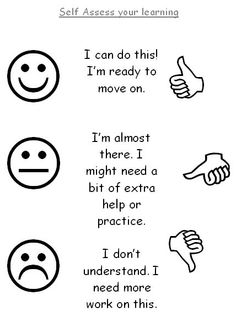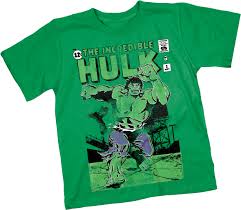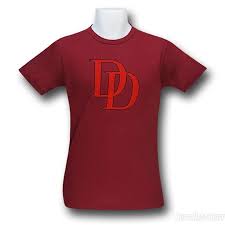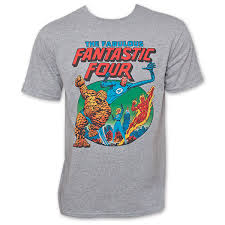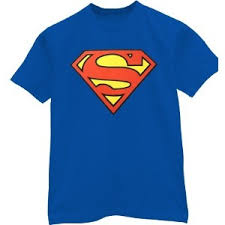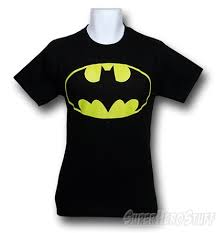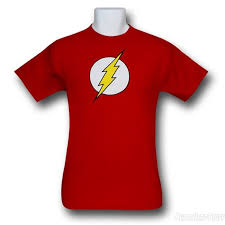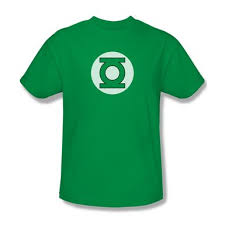HRE Column: The Big Trends in HR Tech and the #HRTechConf
Here is my semi-frequent reminder and pointer for blog readers that I also write a monthly column at Human Resource Executive Online called Inside HR Tech that can be found here.
This month, I took a look at the program for the upcoming HR Technology Conference (which if I can pat myself on the back for a second, put together), and tried to tease out some of the trends and themes that have risen to the surface from months of planning and literally hundreds of pitches.
I came up with three big trends that I tried to describe in my HR Executive column. From the HRE piece:
Organizations of all sizes now have access to powerful technology solutions in support of all the functional areas of HR. It will be incumbent upon the HR leader of 2015 and beyond to make the best technology choices in order to successfully develop and execute the organization’s people and talent-management strategies.
When I review and reflect on this year’s HR Tech conference program, several key themes emerge:
Data and analytics continue to drive HR and talent management.
A continuing theme in 2015 has been the realization and maturation of the importance of bringing more analytical approaches and rigor into the HR discipline. The importance of data; the strategies to gather, compile, assess, and make meaning from that data; the role technology plays in support of these efforts, and the ways that data enhances our understanding of people and talent will be explored at this year’s event. Large organizations such as IBM, Unilever and Wawa Inc. are using data, analytics and the modern tools that have become increasingly available for HR and business leaders to efficiently manage this barrage of data and, in time, make more effective and efficient people decisions and set talent strategies.
We will also hear how analytics are being directly applied in specific functional domains such as recruiting, learning and succession planning, and are not just being carried out for their own sake.
Finally, the popular “Awesome New Technologies” demonstration sessions will once more have a heavy data and analytics slant. Many of the new innovations that will be presented showcase new ways to capture, present, analyze and make actionable HR and workforce data.
Building on a theme from 2014, the HR Tech Conference program will once again reflect the continued confluence of marketing, social media and technology with HR, and how these trends are being exploited in functions such as talent acquisition, employer branding and employee engagement. The program lineup will feature interactive panel discussions and conversations with HR, business and talent-acquisition leaders from organizations such as Glassdoor, Cisco, United Health Group and Marriott on the ways modern HR is advancing the application of best practices, borrowed from classic consumer-marketing approaches, to execute talent strategies...
Read the rest of the HR Exec column here
Good stuff, right? Humor me...
If you liked the piece you can sign up over at HRE to get the Inside HR Tech Column emailed to you each month. There is no cost to subscribe, in fact, I may even come over and wash your car or cut the grass for you if you do sign up for the monthly email.
Also, if you are interested in the HR Technology Conference you can learn more, see the full agenda, and register to attend at the HR Tech website - www.hrtechconference.com.
Have a great weekend!

 Steve
Steve
